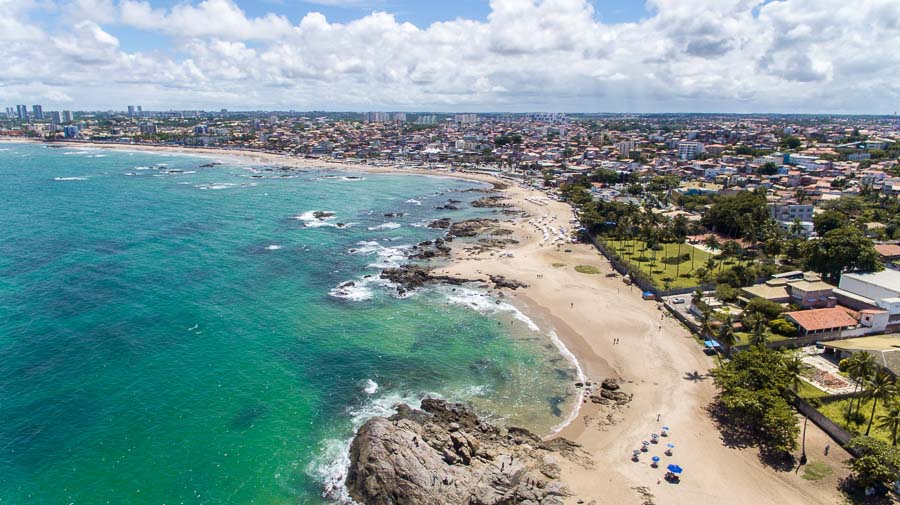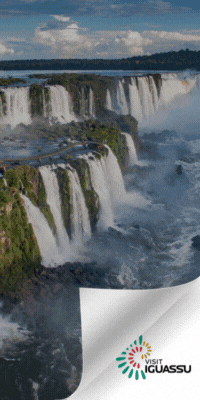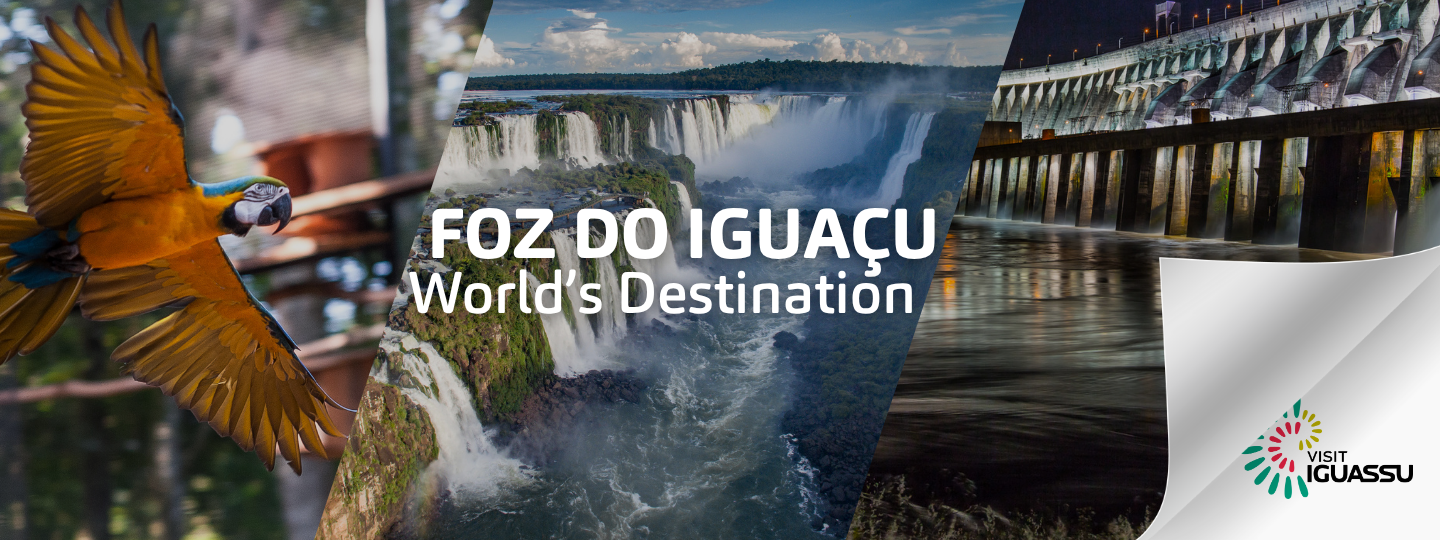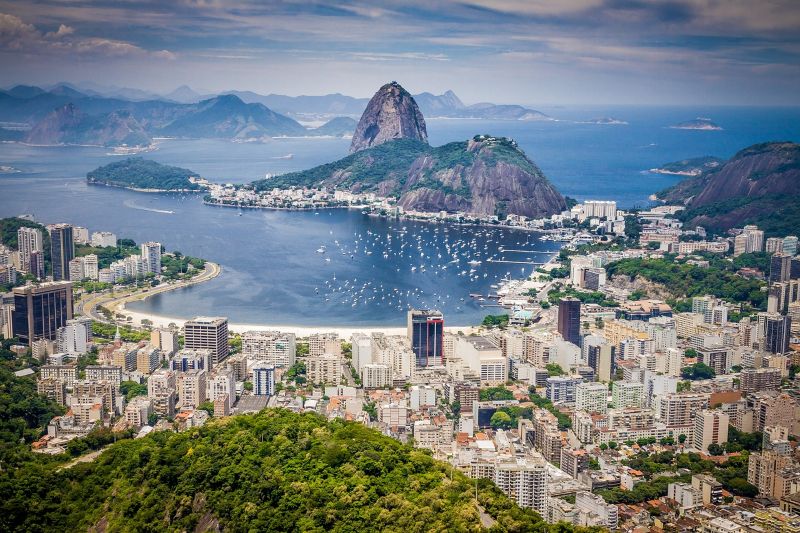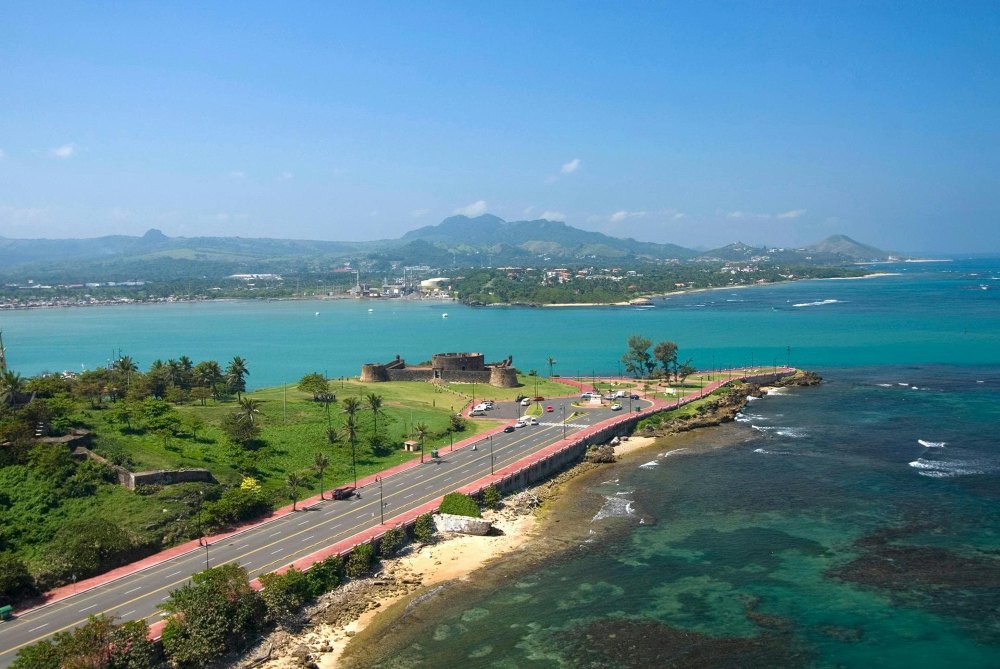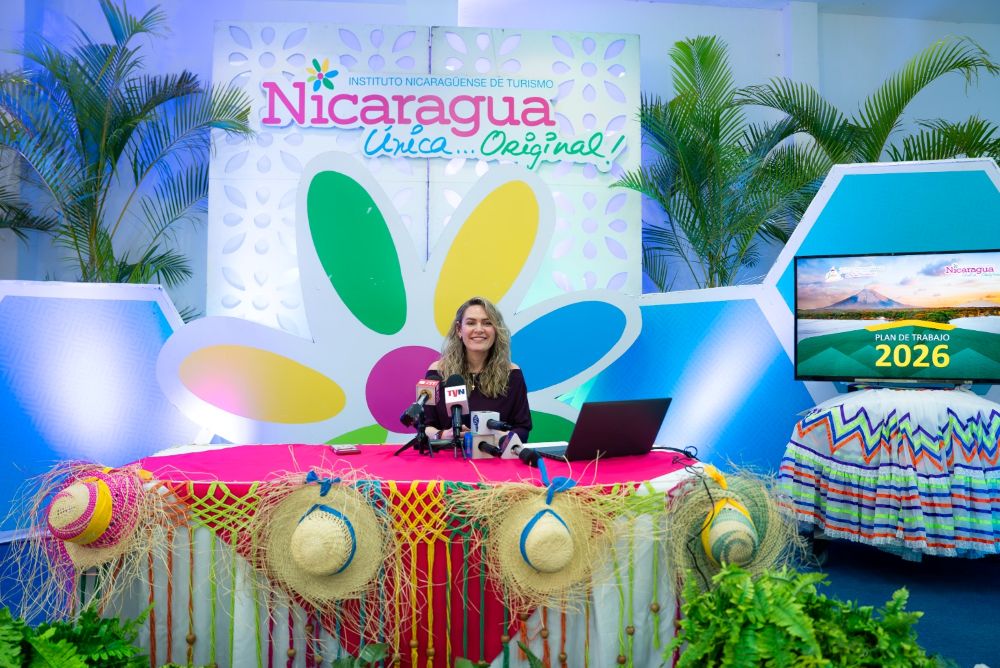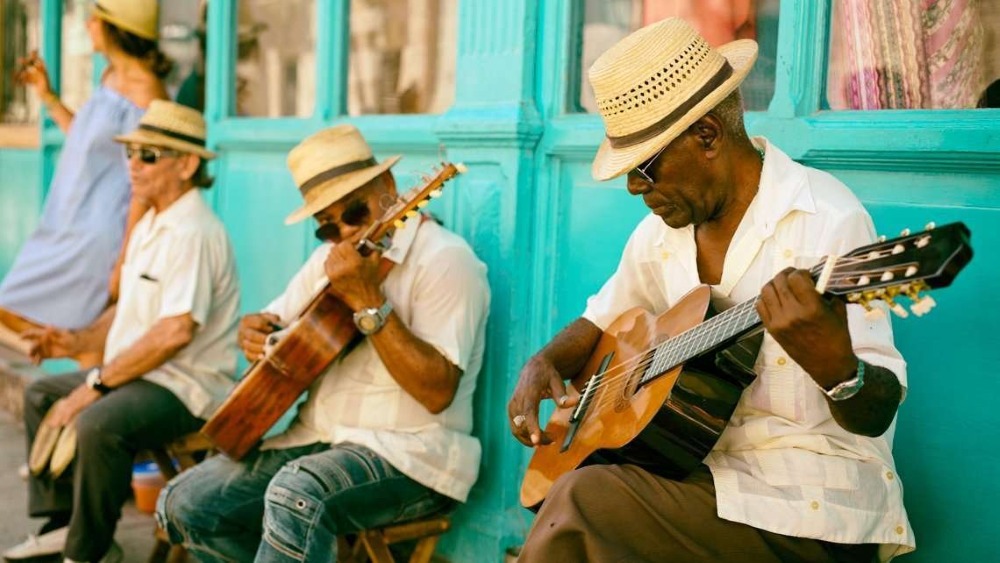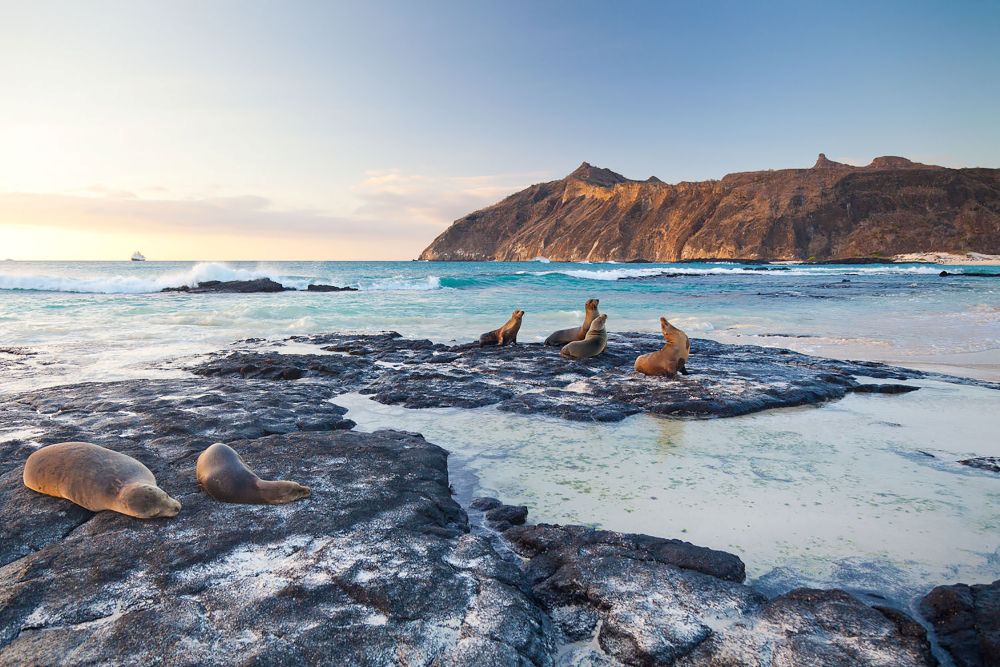In the heart of Brazil, Salvador de Bahia reveals itself as a mosaic of cultures, histories and traditions. Once the country’s capital, it is now a jewel with a rich heritage, offering travellers an authentic insight into the Brazilian soul.
A Journey through Time and Cultures
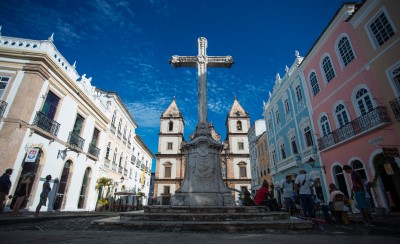
Salvador is a city that bears the indelible marks of its past. Its cobbled streets, brightly-coloured colonial houses and some of the most sumptuous Baroque churches in the world, such as the Church of São Francisco, bear witness to its rich and eventful history. But beyond its architecture, it is Salvador’s cultural mix that fascinates. Here, African, indigenous and European heritages merge, creating a unique atmosphere.
The Dance of Flavours
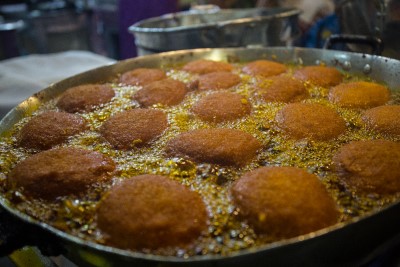
The streets of Salvador are a constant celebration of the senses, as the bewitching pulses of samba, reggae and axé intertwine in an intoxicating melody, enveloping passers-by in an invisible but palpable dance. This musical fusion, the fruit of the city’s rich cultural heritage, instantly transports you into its effervescent rhythm.
But it’s not just the music that engages your senses. The tantalising aromas of Bahian cuisine waft through the air, capturing your attention with a promise of delights to come. The streets come alive with colourful stalls where local dishes such as moqueca and acarajé are prepared with an artisanal skill inherited from many generations. It’s an experience that transcends the taste buds to plunge you into the very heart of the city’s mixed-race soul. The combinations created are unique and surprising. Each bite tells a part of Salvador’s history, a history marked by cultural exchanges and encounters between peoples.
Five must-sees in Salvador :
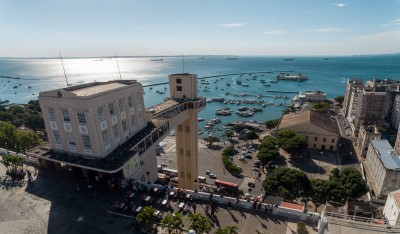
Pelourinho: This is the beating heart of Salvador. With its cobbled streets and houses with colourful facades, it is a veritable open-air museum that bears witness to the city’s rich past. Every street corner reveals a majestic church, a monument or a lively square. One of the highlights is the ascent up the Elevador Lacerda, the world’s first urban public lift, which links the lower town to the upper town, offering a breathtaking panoramic view of the Comércio district and the Bay of All Saints.
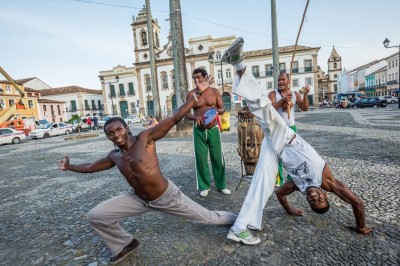
Capoeira: More than just a martial art, capoeira celebrates the resistance and new-found freedom of Afro-Brazilian slaves. The streets of Salvador often come alive with capoeira circles (rodas) where fluid movements, music and berimbau merge to tell a unique story of emancipation and culture.
Candomblé: Candomblé is an Afro-Brazilian religion that worships the orixás, deities of African origin. In Salvador, the ceremonies held in terreiros are spiritually charged events, where song, dance and percussion intermingle to reveal the importance of the African heritage in Bahian culture.
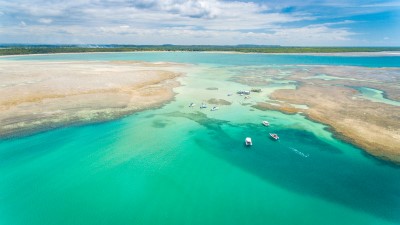
The Golden Beaches: Salvador and the coast of the Bahia region boast some heavenly beaches. Lined with coconut palms and bathed in turquoise waters, these beaches are the ideal place to relax and soak up the Brazilian way of life. Whether for swimming, sunbathing or enjoying a fresh coconut, Salvador’s beaches are a must for all visitors.
Casa de Jorge Amado Foundation: Located in the heart of Pelourinho, this foundation is dedicated to one of Brazil’s most emblematic writers, Jorge Amado. His many novels captured the essence of Salvador. A visit to the foundation offers an insight into his life, his work and his unwavering love for Salvador and the Bahia region.
Carnival
Salvador carnival is much more than a simple celebration, it’s an immersive experience at the heart of an aural and visual enchantment. In this burst of colour and sound, the city is transformed into a living canvas where the streets become the scene of frenetic dancing and spellbinding music. Salvador’s carnival is unique, driven by axé, a musical genre that is inseparable from Bahia.
Salvador de Bahia is a city where every sound, colour and flavour tells a story, where the past meets the present, where ancestral traditions are celebrated with passion. Salvador is a destination to discover for anyone seeking to understand the true heart and soul of Brazil.

